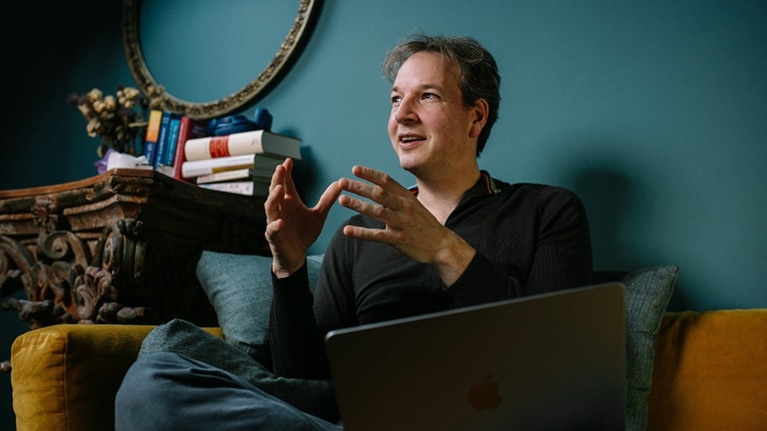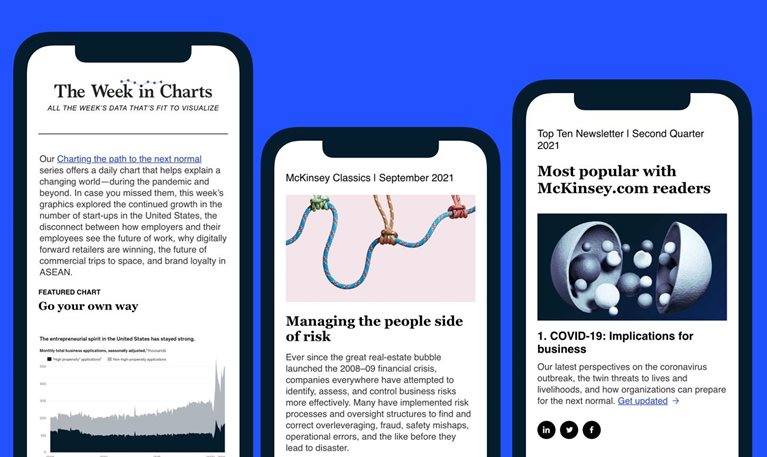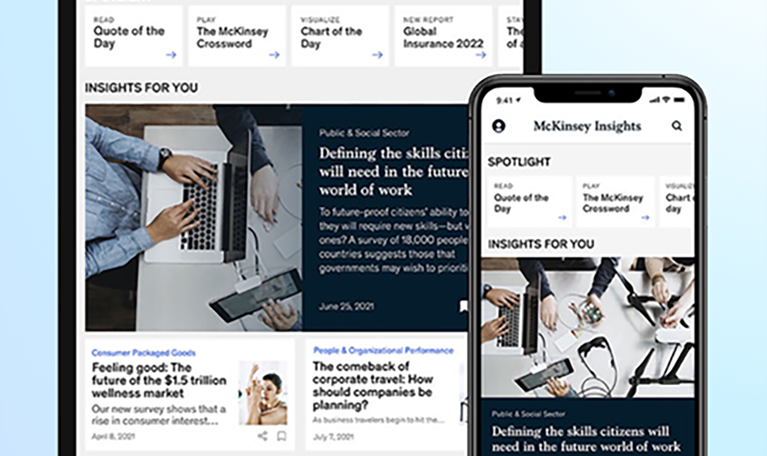
Bcause, founded by alum Felix Oldenburg (London, 2001-02), is a platform that simplifies the process of setting up and managing foundations, making it accessible to a broader audience. With over 2,000 members, including private individuals, public figures, and companies, bcause supports a wide range of causes from equal opportunities to sustainability. Recently, bcause secured €4.7 million in venture capital and plans to launch an app to further simplify the donation process. Here, Felix explains how he aims to democratize endowment and encourage more public engagement in philanthropy.
What inspired you to co-found bcause, and how do you see it addressing the current challenges in the philanthropic landscape?
I see a crisis of giving in many countries – at a time when public funding for many causes is drying up, and with unsolved challenges such as climate change, migration, and access to education producing huge future costs for all of us. In Germany, for the first time, fewer than 50% of people gave to charity last year. High earners give only half as much in percentage terms as people with low and medium incomes. And foundations are falling short, too: Typical payout rates are around 1% per annum, so much of the >€100bn in endowments is sitting idle. Younger wealth holders are turning away from foundations, and a philanthropy gap of €30bn has opened up.
Through my past leadership roles at Ashoka and the Association of German and European foundations, I have seen first-hand both the potential of social entrepreneurship and the failures of institutional philanthropy. Over the past decade, I have spoken to hundreds of families and individuals willing and able to step up, and their unmet needs have shaped the idea for bcause in my mind.
Can you share some specific examples of how bcause has made the process of setting up foundations and making donations more accessible and affordable for individuals and organizations?
The fintech revolution has given all of us access to tools and products previously only available to wealth holders. Bcause allows everyone to create a foundation account for free, with no contracts or long-term obligations but with the full feature set of a foundation, including optional public visibility, fundraising and impact investing options. There are no minimum sums, so everyone can be a philanthropist and use a single tool for their individual and collective impact strategies.
We have been on the market for two years now, and the range-of-use cases are already impressive: students start with €10 in monthly contributions, building a foundation over time. Parents start foundations for their children. Companies use them to save admin costs, and to mobilize funds from their customers. And quite a few wealth holders have decided not to start their own legal entity but simply use the bcause solution for all their giving.

How does bcause ensure the transparency and accountability of donations, and what measures are in place to prevent misuse of funds?
Bcause uses a long-established and transparent legal model, with an independent foundation governance and government oversight. Funds can only be allocated to recognized charities, and to a portfolio of impact investing opportunities. The innovation lies in the online platform that creates a user experience very much like online banking.
What are the biggest hurdles you've faced in democratizing philanthropy, and how have you overcome them?
As with any completely new product, the challenge is to help users understand how it makes their life easier, and their giving more powerful. The terms "foundations" and "philanthropy" are attractive to some people but very much a barrier for many others. At the end of the day, we grow at the speed of trust. That is why we invest in organic community growth, a content ecosystem, and we have received a lot of positive media attention.
How do you envision the future of bcause, and what role do you see impact investing playing in achieving your vision of a more philanthropic society?
This may sound very ambitious but I am serious: I envisage a society in which everyone can be a philanthropist. In less than ten years, I see online foundations being as widespread as online brokerage accounts, and mobilizing additional billions in flexible funding. As a new financial product, this innovation could make impact investing much more accessible and help with a reallocation of wealth towards impact. And finally, societies that give more are happier, and have a livelier democracy, something we urgently need.
How did your time at McKinsey influence the way you work now?
When I joined McKinsey in London, I had a philosophy degree, some IT skills, and plenty of entrepreneurial energy. After only two years, I left McKinsey as a confident professional. In many ways, McKinsey has been even more important in the twenty years since – with networking and knowledge, and I have also hired the Firm in the past.
Is there any cultural piece – a movie, book, piece of music or art, etc. – that has inspired you recently?
Well, I have written my own book, "Wealth in Shackles" ("Der gefesselte Wohlstand") about how we lock up our wealth rather than putting it to good use for ourselves and the planet. This means I have spent more time writing than reading. But one book has had a profound impact on me: "The Triumphs of Experience" by George E. Vaillant, which is about the world's longest-running study of happiness. In short, the tasks of adulthood are about expanding the range of people we accept responsibility for. And we can change who we are, at any point in life.

